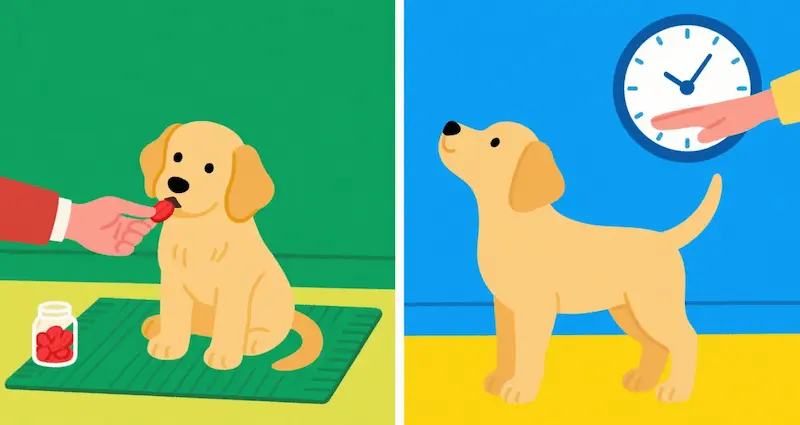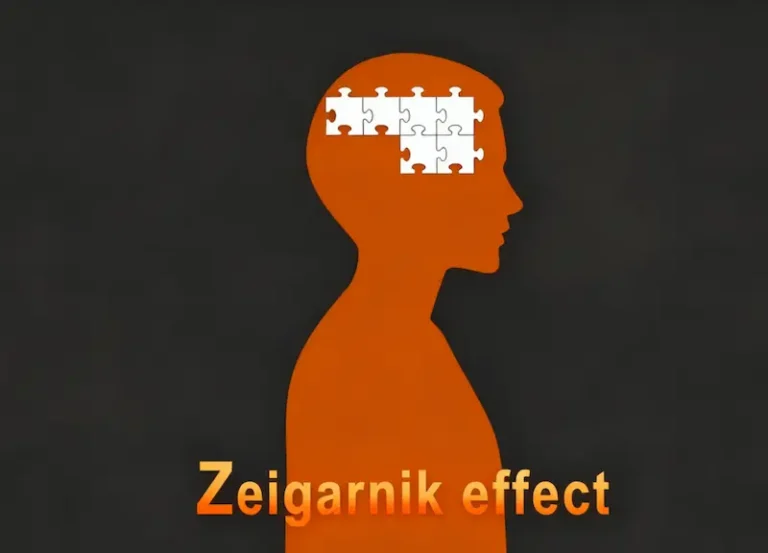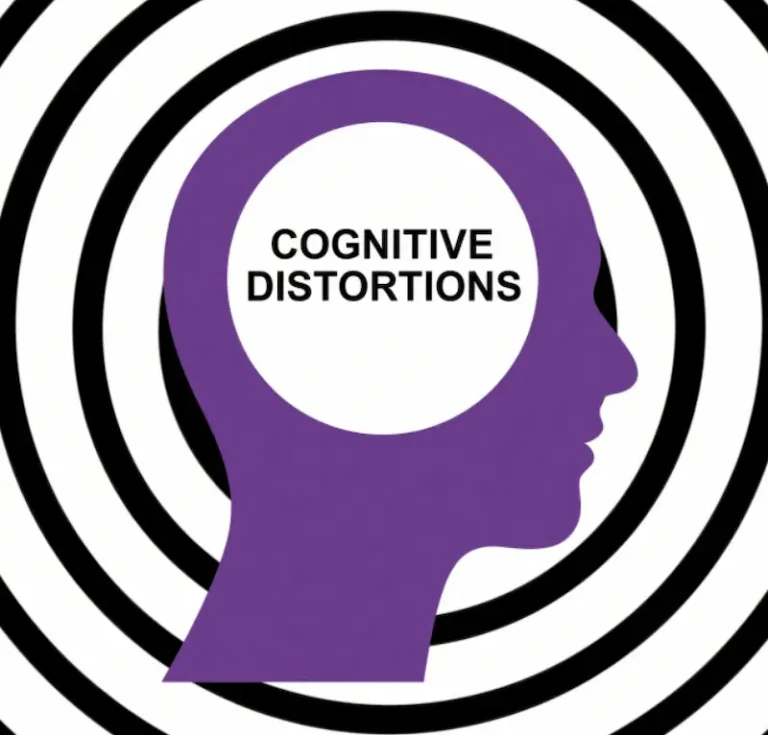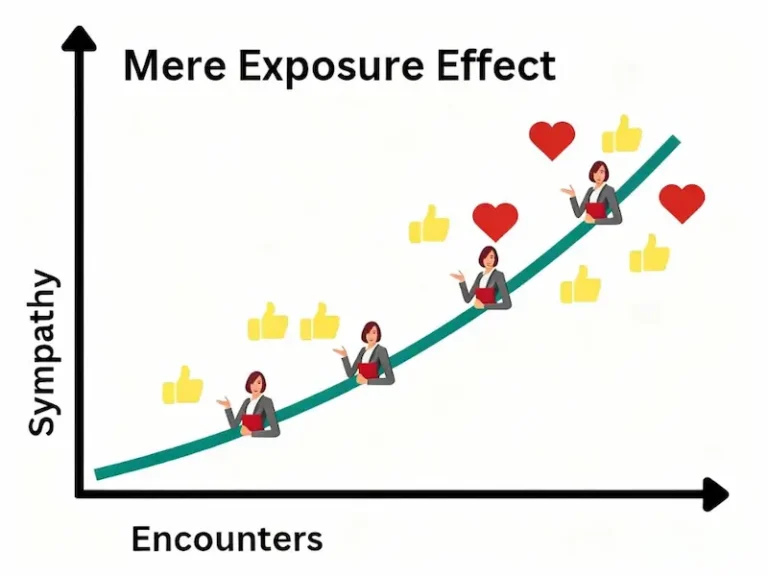Intermittent Reinforcement in Relationships: How to Keep Love Exciting & Long-Lasting

Table of Contents
How Intermittent Reinforcement Makes Relationships Feel More Exciting (And Why It Works)
If you’ve ever been in a new relationship, you know the “honeymoon phase” magic: waiting for their text with a mix of nervousness and excitement, lighting up when they surprise you with your favorite snack, or lingering a little longer at the door after a date because you don’t want the night to end. That delicious, unpredictable spark isn’t just luck—it’s often driven by a powerful psychological principle: intermittent reinforcement in relationships.
While the term sounds technical, it’s something we’ve all experienced (even if we didn’t know the name). It’s why we check our phones for texts even when we’re not sure someone will reply, or why a random date night feels more special than a weekly “mandatory” dinner. Let’s break down what intermittent reinforcement is, how it shapes our feelings in love, and how to use it to keep your relationship fresh—without manipulation.
What Is Intermittent Reinforcement? A Psychology 101 Explanation
First, let’s ground this in science. Intermittent reinforcement isn’t a “relationship hack”—it’s a core concept from behavioral psychology, developed by the renowned psychologist B.F. Skinner in the mid-20th century.
Skinner’s work focused on how rewards influence behavior. He found that two types of reinforcement drive actions:
- Continuous reinforcement: Rewarding a behavior every single time it happens (e.g., giving your dog a treat every time they sit on command).
- Intermittent reinforcement: Rewarding a behavior only sometimes, not consistently (e.g., giving your dog a treat for sitting—but only 1 out of 3 times, or at random intervals).

Here’s the key insight from Skinner’s experiments: intermittent reinforcement leads to more persistent, long-lasting behavior than continuous reinforcement. Why? Because when rewards are predictable, we adapt to them—and stop trying once the reward disappears. For example, if your dog gets a treat every time they sit, they might refuse to sit when you run out of snacks. But if treats come randomly, they’ll keep trying, just in case.
In relationships, this plays out in small, everyday ways. Think about it: If your partner texts you back within 10 seconds every time, you might stop feeling that little rush of excitement when your phone pings. But if they sometimes reply quickly and sometimes take a bit longer (because they’re busy with work or a friend), you stay more engaged—curious about what they’re up to, and more eager to hear from them.
This isn’t about playing games. It’s about understanding how the human brain responds to uncertainty—and using that to keep your connection feeling alive.
The 3 Psychological Reasons Intermittent Reinforcement Works in Love
Intermittent reinforcement isn’t just a “trick”—it taps into fundamental ways our brains process reward, curiosity, and desire. Let’s break down the science behind why it keeps relationships feeling passionate.
1. Unpredictability Triggers the Brain’s Reward System
Our brains are wired to seek out rewards—but they react more strongly to rewards that are unexpected. The American Psychological Association (APA) explains that unpredictable rewards activate the brain’s “dopamine pathway”—the same system that lights up when we eat something sweet or listen to our favorite song.
In relationships, this means small, random gestures feel more meaningful than planned ones. For example:
- If you and your partner always go out for dinner on Fridays, it becomes a routine—nice, but not exciting.
- But if you surprise them on a random Tuesday with reservations at their favorite Italian spot (the one they mentioned loving months ago), that unpredictability spikes their dopamine. They’ll associate that joy with you—and look forward to future moments of “what if?”
This is why “blind date” energy fades when relationships become too scripted. Intermittent reinforcement brings that unpredictability back—without the anxiety of early dating.
2. It Fights Monotony (The Silent Killer of Relationships)
A 2022 study published in Psychology Today found that 68% of couples cite “feeling stuck in a routine” as a top reason for losing romantic interest. Humans crave novelty—we get bored when things stay the same for too long.
Intermittent reinforcement breaks that monotony by mixing “normal” moments with small surprises. It doesn’t have to be grand:
- Instead of always texting “Good morning” at 7 AM, send a voice note of you singing their favorite song once a week.
- Instead of watching Netflix every Saturday night, suggest a last-minute trip to a local farmers market or a hike in a nearby state park (like California’s Big Sur or New York’s Bear Mountain).
These small, random shifts make your partner feel like they’re still “discovering” you—keeping the relationship from feeling like a chore.

3. It Boosts Desire by Making Connection Feel “Earned”
Let’s be honest: We value things more when we have to put a little effort into them (within reason). If your partner gives you constant, unwavering attention 24/7, it’s easy to take it for granted. But if their affection comes in gentle, occasional waves, you’ll find yourself more invested in the relationship.
For example:
- If you text your partner “I love you” every single night, it’s sweet—but it might lose some impact over time.
- But if you wait for a moment when they’re feeling vulnerable (like after a tough workday) and say, “I’ve been thinking about how hard you’ve worked this week, and I just want you to know how much I admire you—I love you,” that message hits harder. It feels intentional, not automatic.
This isn’t about withholding love—it’s about making sure your affection feels meaningful, not routine. The APA notes that this “moderate uncertainty” actually strengthens emotional bonds, as both partners become more proactive about nurturing the relationship.
How to Apply Intermittent Reinforcement in Your Relationship (Practical, Non-Manipulative Tips)
Now that you understand the science, let’s talk about how to use intermittent reinforcement in real life. The key here is balance: You want to add unpredictability, not confusion or anxiety. Here are three actionable ways to start.
1. Adjust Your Text Response Timing (Without Being Rude)
We live in a world of instant communication—but instant replies can actually dilute the excitement of connecting. Here’s how to do it right:
- Most of the time, reply promptly: If your partner texts you to share good news (like “I got the promotion!”), reply within a few minutes—you want them to feel seen.
- Occasionally, delay (with context): If you’re in a meeting, hanging out with friends, or just need a little time to yourself, wait 30-60 minutes to reply. When you do, add a quick explanation: “Sorry I was MIA—I was at a work workshop, but that promotion news is huge! Let’s celebrate tonight.”
This avoids making your partner feel ignored (which would harm trust) while adding a little curiosity: “What was they up to?” It also keeps you from feeling like you’re “on call” for texts—a common source of relationship burnout.
2. Mix Up Date Nights to Build Anticipation
Routine date nights (think: Friday dinner and a movie) are nice for consistency—but they don’t spark excitement. Instead, use intermittent reinforcement to make dates feel like a surprise:
- 80% of the time: Keep it low-key and predictable: Cook at home, watch a show you both love, or go for a walk in your neighborhood. This builds a sense of safety.
- 20% of the time: Add a surprise: Plan a “mystery date” where you tell them only what to wear (e.g., “Bring comfortable shoes and a jacket!”) and take them to a new brewery, a stargazing spot, or a comedy club.
For example, if your partner loves nature, surprise them with a sunrise hike at a local park followed by coffee at a cute café nearby. These small, random gestures create memories—and make them look forward to future dates, because they never know what to expect.
A 2023 survey by the dating app Hinge found that 72% of U.S. couples said “unplanned dates” made them feel more connected than scheduled ones—proof that this tip works.
3. Time Your Emotional Expressions for Maximum Impact
Affection is essential in relationships—but too much of it, too often, can feel less meaningful. Instead of showering your partner with compliments or “I love yous” every hour, save them for moments that matter:
- Celebrate their wins: When they finish a big project or run a 5K, say something specific: “I watched you stay up late every night to finish that project, and I’m so proud of how dedicated you are. I love being with someone who chases their goals.”
- Comfort them during hard times: If they’re stressed about family or work, hold them and say, “I know this is tough, but I’m here with you—always. You don’t have to go through this alone.”
These moments feel more genuine because they’re tied to real emotions, not just a habit. Your partner will remember them longer—and feel more loved because of it.

Common Mistakes to Avoid (Don’t Turn This Into a Game)
Intermittent reinforcement works when it’s rooted in kindness and authenticity. If you use it to manipulate or control your partner, it will backfire. Here are three mistakes to steer clear of:
- Don’t be intentionally distant: Delaying a text is fine—ignoring your partner for days is not. The goal is to add curiosity, not anxiety. If your partner asks why you’re quiet, be honest (“I’ve been a little stressed, but I want to talk about it when I’m calmer”) instead of playing hard to get.
- Don’t overdo the “surprise”: You don’t need to plan a grand gesture every week. Small, consistent acts of kindness (like making them coffee in the morning) matter more than rare, over-the-top surprises.
- Don’t forget the foundation: Intermittent reinforcement is a tool, not a replacement for trust, respect, and communication. If your relationship has issues (like poor communication or resentment), no psychology trick will fix it. Focus on the basics first.
Call to Action (CTA):
At its core, intermittent reinforcement in relationships is about understanding human nature: We crave connection, but we also crave novelty. It’s not about playing mind games or withholding love—it’s about adding small, random moments of joy that keep your relationship feeling alive.
Think of it like tending a garden: You water it regularly (consistent care), but you also add fertilizer every now and then (surprises, meaningful gestures) to help it grow. Over time, that mix of consistency and unpredictability creates a relationship that’s both safe and exciting.
Have you tried using intermittent reinforcement in your relationship? Maybe you surprised your partner with a random date night, or adjusted how you respond to texts—we want to hear about it! Share your tips or questions in the comments below.






